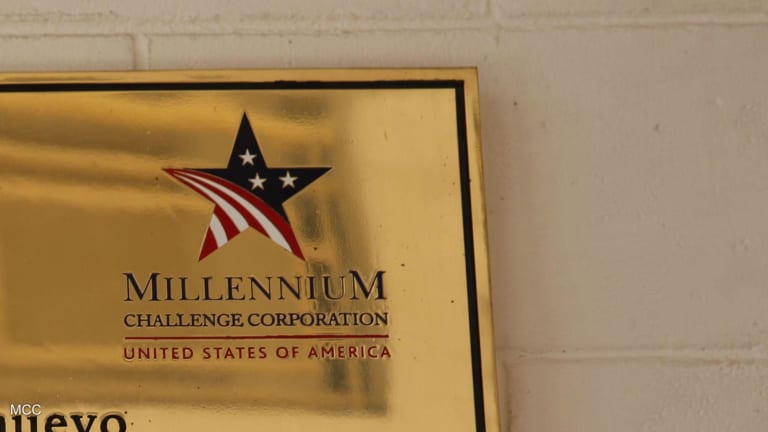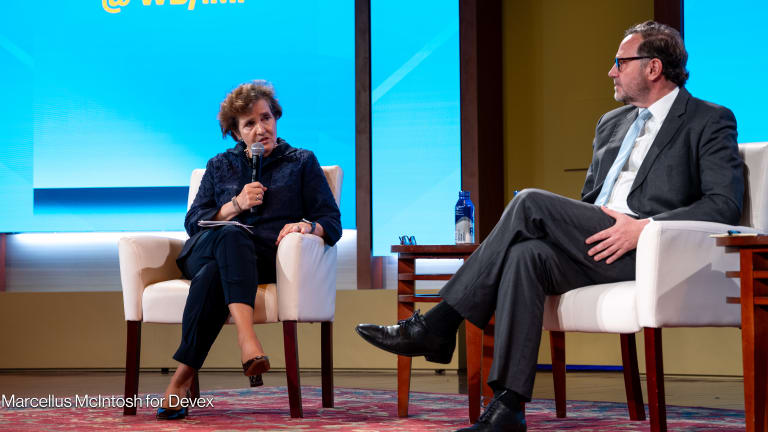
The Millennium Challenge Corp. should reconsider its financial assistance to countries with governments that have been linked to corruption, some members of the U.S. Congress said.
“We can’t just give out money and say we will put up with whatever you are doing,” Rep. Kay Granger (R-Texas) said as quoted by the Washington Times. Granger is the ranking Republican member of the House’s appropriations subcommittee for state and foreign operations.
Granger and several legislators have expressed concern over the USD540 million that MCC will start disbursing to Senegal in October, citing the country’s record of corruption. They referred to Senagelese President Abdoulaye Wade’s act of constructing a 164-foot monument using public resources and appointing his son to a high-ranking government position.
In defense, MCC has insisted that it takes corruption seriously and is continually monitoring countries that get financial assistance. But MCC has yet to suspend or terminate its aid program to any country because of corruption, the Washington Times says.
A 2009 human rights report released earlier this year by the Department of State has outlined allegations of corruption in 18 of the 22 countries currently receiving MCC funds, including Benin, Mozambique and Moldova.
A spokesperson for MCC said the organization monitors the State Department’s reports but added that it bases its decisions mainly on its own reviews and score cards. MCC issues an annual score card for each country it has a compact with. Its main criterion is corruption, in which countries are given only either a pass or fail grade. MCC uses an index designed by the World Bank Institute.
As per its mandate, MCC can terminate a compact with any country on grounds of corruption but no grant has been terminated for that reason so far. This has led some legislators to question whether the organization can actually evaluate countries for corruption.
At least five countries - Benin, Georgia, Armenia, Nicaragua and Honduras -got failing grades on the MCC index during their grant period, the Washington Times notes.
“In each of these cases, we determined that the changes in the score were not representative of a significant policy reversal and therefore did not merit a suspension or termination action by MCC,” MCC Vice President for Policy and Implementation Sheila Herrling explained. “Instead, MCC began a policy dialogue with each of the countries in question.”








